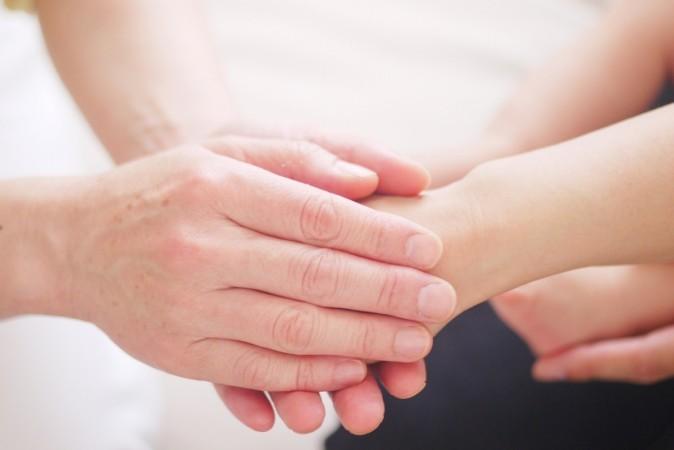![Musical therapy was found to deplete the levels of depression, emotional and developmental issues in youngsters as per a research.[Representational image] Depression](https://data1.ibtimes.co.in/en/full/625704/depression.jpg?h=450&l=50&t=40)
Music – the key to one's soul – has been revealed to have healing powers not just for the soul anymore, but for the mind and body too, according to studies.
A lot of patient care in the contemporary world has been increasingly involving music, which is used primarily to soothe people in pain or distress. Now, however, it can be used to heal the brain as well. Studies examining the brains of rappers revealed a lot about creativity.
Also read: Music therapy reduces depression and emotional issues in youngsters, says study
Victims of stroke or neurological disorders can sometimes retain music in their brains even when language ability and memory gets damaged.
In order to devise a method so music does more than comforting the sick, the US National Institutes of Health is bringing together musicians, music therapists and neuroscientists to delve deeper into the brain's functioning and figure out how to do that.
"The brain is able to compensate for other deficits sometimes by using music to communicate," said NIH Director Dr Francis Collins — a geneticist.

He believes that, to turn this ability into a successful therapy, "it would be a really good thing to know which parts of the brain are still intact to be called into action. To know the circuits well enough to know the backup plan."
This is not a first though, as music therapy programmes have shown benefits in patients previously as well. A violinist engages in a beat as dancers tap through the busy hospital hallways until they gain the attention of the surprised, but delighted patients in MedStar Georgetown University Hospital in Washington, DC.
"It takes them away for just a few minutes to some other place where they don't have to think about what's going on," cellist Martha Vance, who plays for a patient in intensive care, told the Daily Mail Online.

It has been proven earlier that learning to play an instrument sharpens the brain's ability to process sound and also helps children in reading and other school related functioning.
Recent studies by Cambridge University found that freestyling puts a rapper's brain in a "flow state" that stimulates parts of the brain responsible for emotion, language, motivation, motor function and motor processing.
Even stroke survivors unable to speak can sometimes sing, or hum a tune and music therapy can help them communicate, and Parkinson's patients sometimes walk better to the right beat!

















